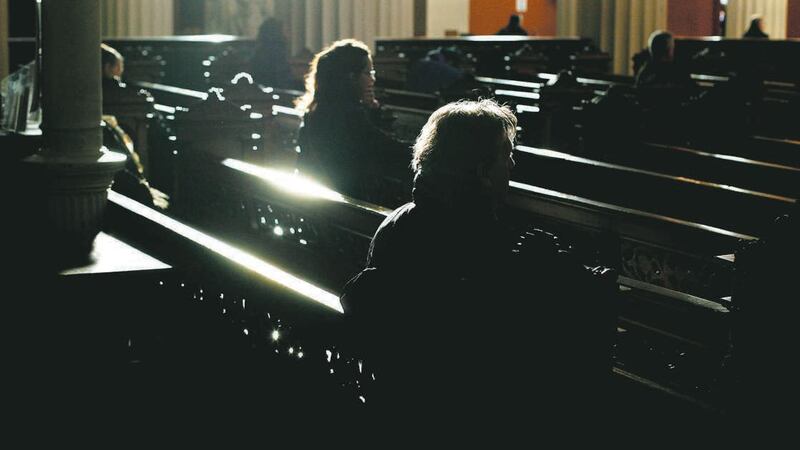God be with the days when every Irish general election had a clear winner - the Catholic Church. It never put up candidates or issued manifestos, but no Irish politician would cross or challenge the power of the crozier, as preparation for the next life took precedence over politics in this one.
Today, as the results of Ireland's first post-Catholic general election emerge, the Church is a mere spectator. Even the normally controversial topic of abortion was not a major election issue (although the Church raised it) and, as a recent consultants' report for the Archdiocese of Dublin predicts, there will be a 70 per cent decline in the number of working priests by 2030 - and most will be aged over sixty.
So, after 1,500 years, is the Irish Church's political power and influence finally at an end? Can it ever regain influence and, if not, who will now claim to be the voice of moral authority in Ireland?
The Church's involvement in this election was restricted to statements from a handful of bishops and a pastoral message on behalf of them all. Health, housing and the family were identified as key election issues, but not everyone was on the same message.
Bishop Browne (Kerry) was thankful for the economic recovery, but Bishop Buckley (Cork) said it was not evident in parts of his diocese. More significantly, the statements merely described issues, without reference to causes or solutions.
The Irish Times thought this represented a more humble Church, but it also suggests a Church with little sense of direction or leadership. For example, the pastoral statement said "Austerity is not a popular word", which somehow misses the point of the harsh reality of modern Irish life (and why does the popularity of a word matter?)
It claimed that politics is a vocation which, when applied to Stormont, might prompt us to pray for fewer vocations. Most puzzling of all, it claimed, "Social equity has a logic of its own." (I have no idea what that means.) Ah, you say, that is how bishops speak. You may be right, but is that how they should speak? The style and content of their communications may help to explain their growing irrelevance.
So, what should they have said? They might have pointed out that the social and economic crisis in Irish society reflects a failure of capitalism. (Oh dear, you are not happy with that one.) Or they could have said that the idolatry of money in unfettered capitalism is the dung of the devil. (If you are now choking on your toast, just put the paper down.)
You would presumably argue that bishops should not speak like that, but that is the phrase which the Pope used last year in Bolivia: the dung of the devil. (It may have gained something in translation.) If blunt talking is good enough for the Pope, why is it not appropriate for Irish bishops?
(Examples of promoting unfettered capitalism would presumably include Stormont's decision to cut 10,000 public sector posts and then hope that lower corporation tax will entice multinational corporations to replace the jobs. So when any of the five Stormont executive parties call seeking your vote, tell them what the Pope said.)
Mind you, should the Pope come to Ireland, the protagonists and practitioners of unfettered capitalism will be among the first to kneel for his blessing. (Think of them as entrepreneurs of religion - which is not the same as religious entrepreneurs).
Pope Francis also pointed out that austerity (he did not comment on the word's popularity) is a new form of colonialism and said: "Once capital becomes an idol and guides people's decisions......it ruins society". That sounds like a reasonable interpretation of the collapse of the Irish economy and the subsequent government austerity to tackle it.
By allowing Ireland's social and economic crisis to pass largely without analysis, the Irish Church has left a huge moral void. Who will fill it - the political left, the liberal media, or, God help us, soap operas? Will the bishops try to regain ground in the assembly elections, by querying the morality of some of what goes on at Stormont, or will they once again fall far behind the Pope in addressing what is wrong in society?
So, while the Pope would win a seat in any Irish constituency (well, maybe not East Belfast), many Bishops would appear to have difficulty in writing a coherent manifesto.
They have lost their seats as shapers of Irish society and, unless they follow the Pope's lead, they look most unlikely to ever regain them.
113117









